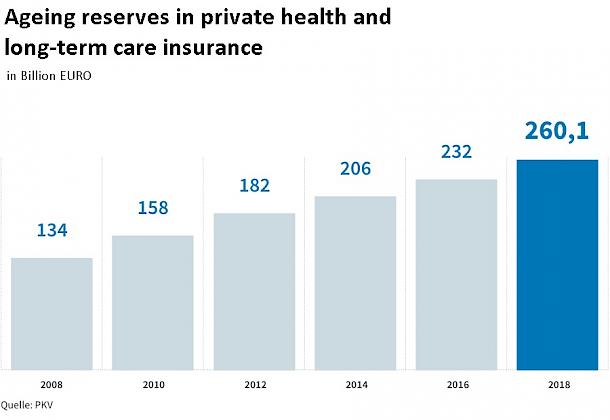Cost of private and public health insurance
At KLforExpats we get many questions surrounding the cost of both public and private health insurance. Which has the most affordable monthly contributions, which offers the most value in terms of quality benefits and which is the better choice financially in the long run?

 Mirja Lundehn – Independent insurance broker
Mirja Lundehn – Independent insurance broker
